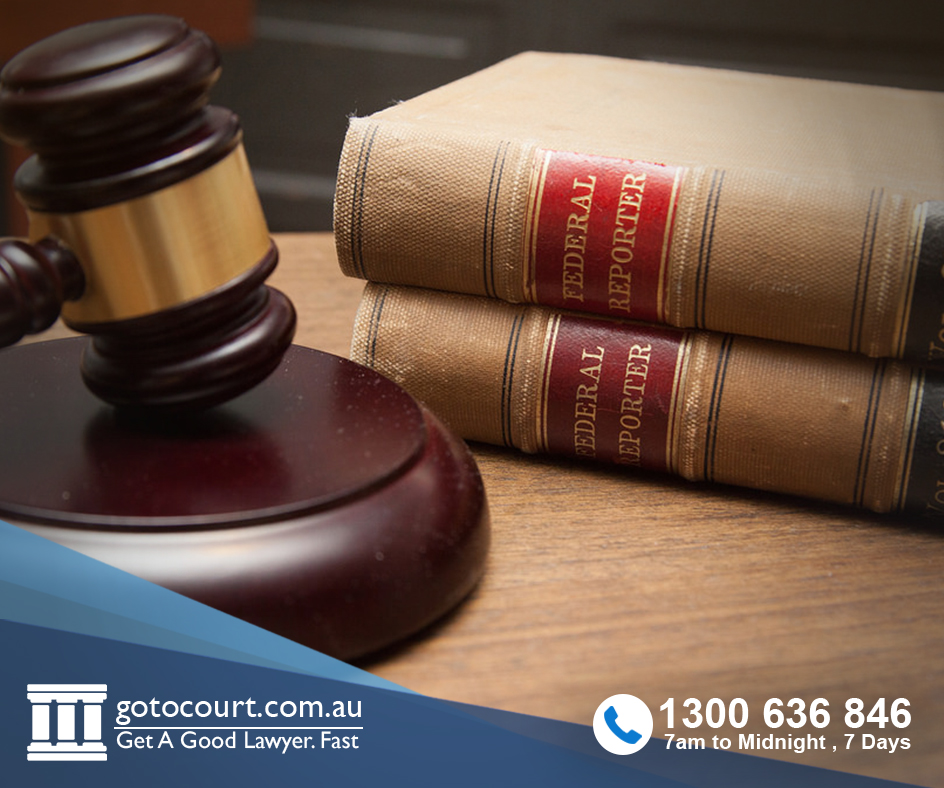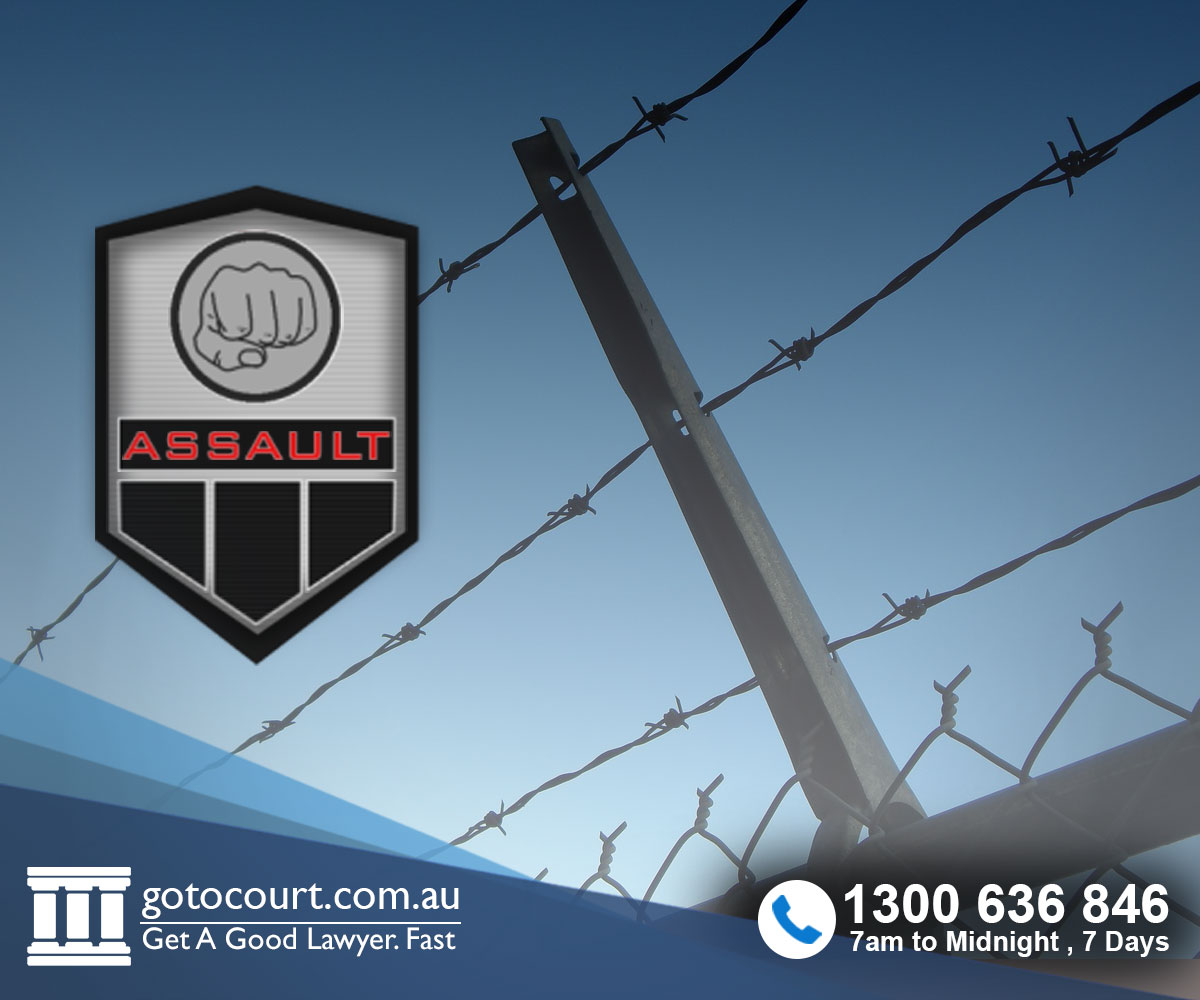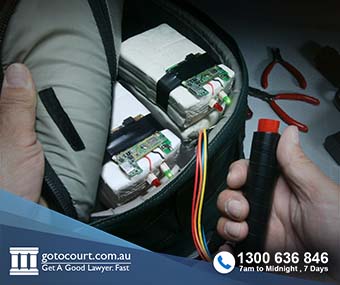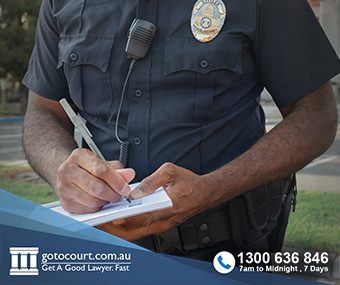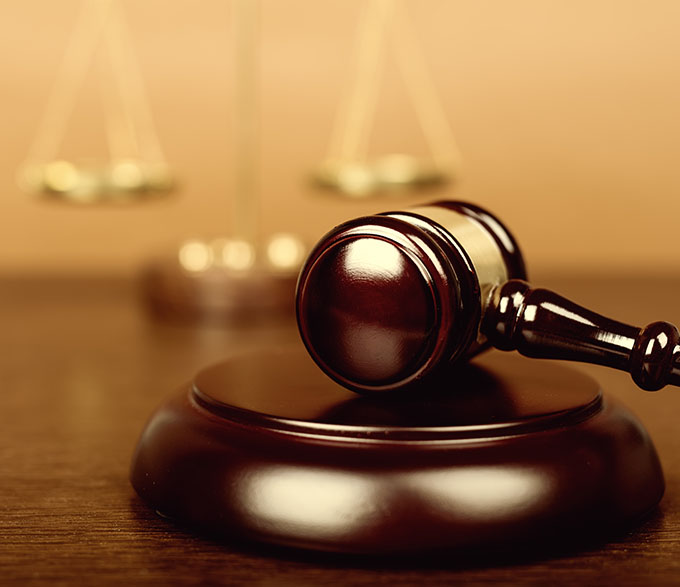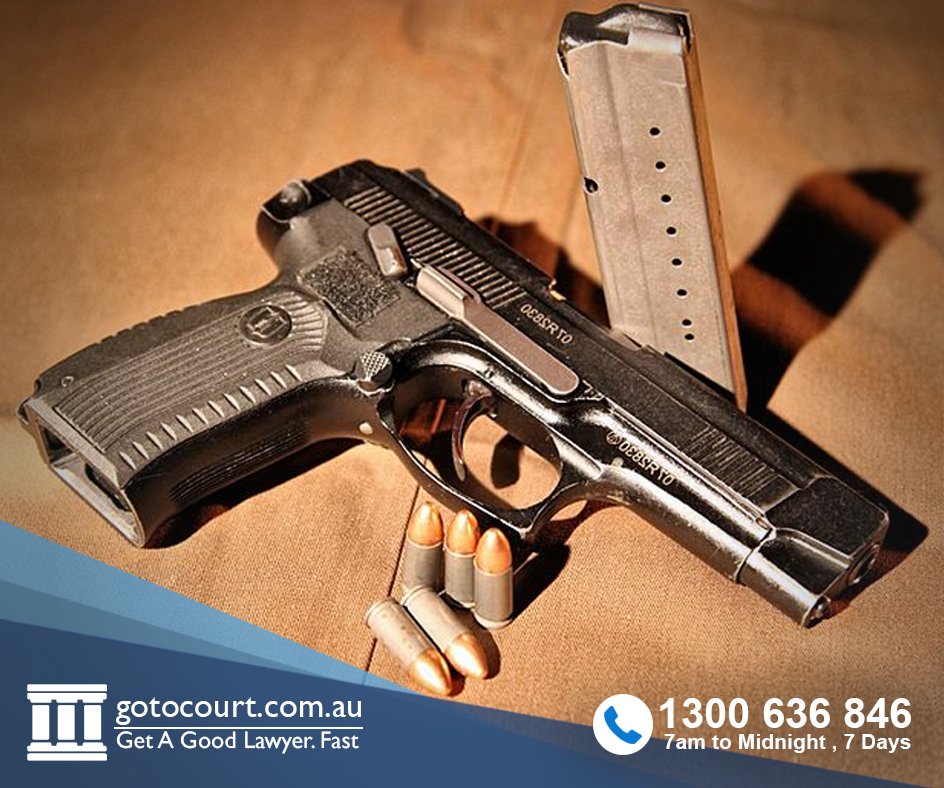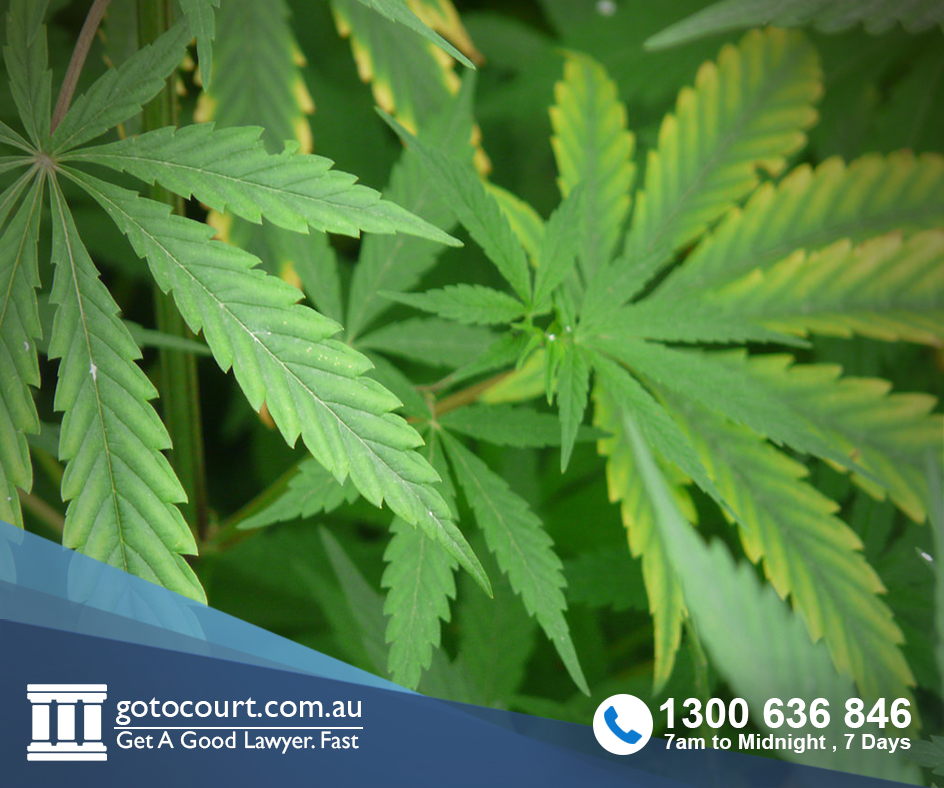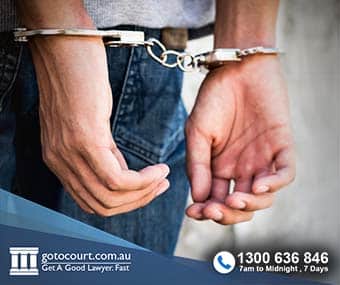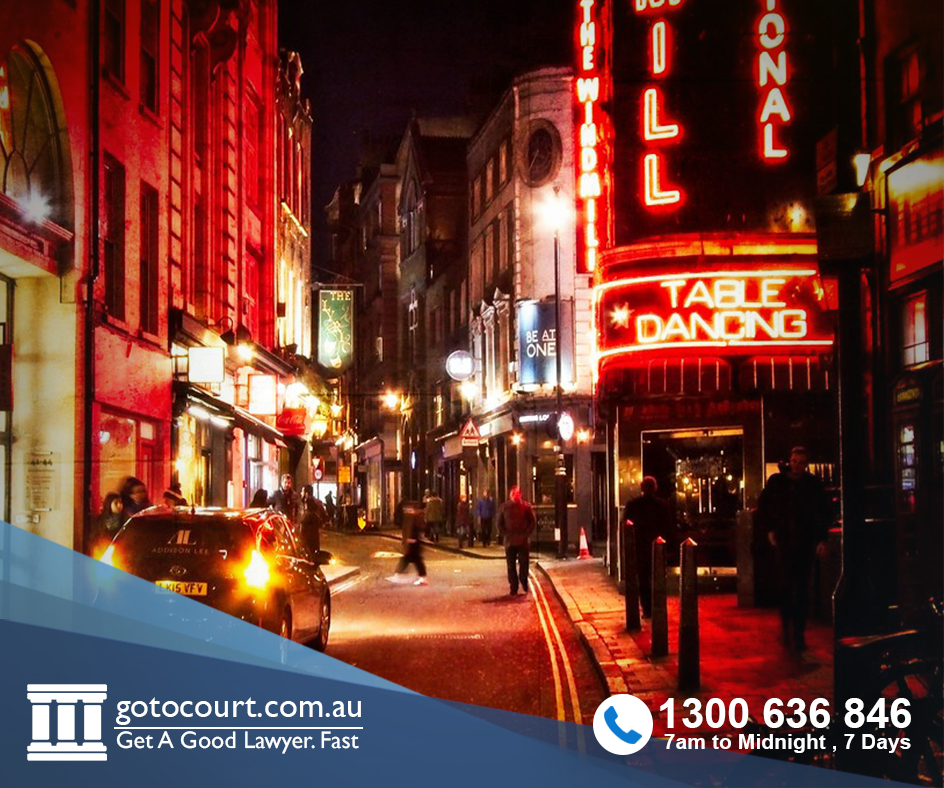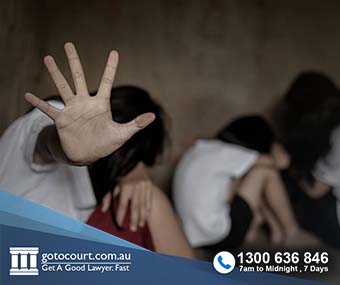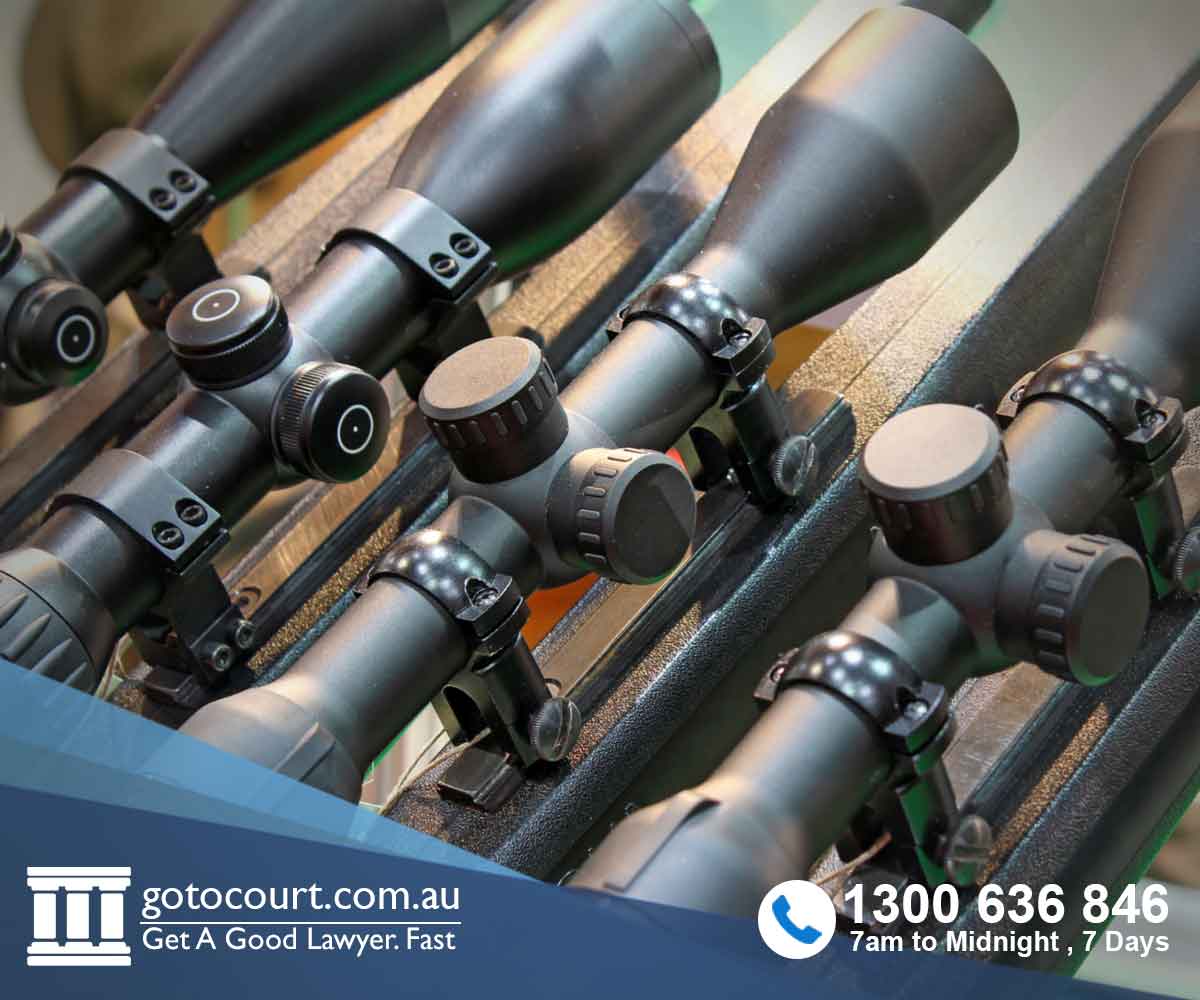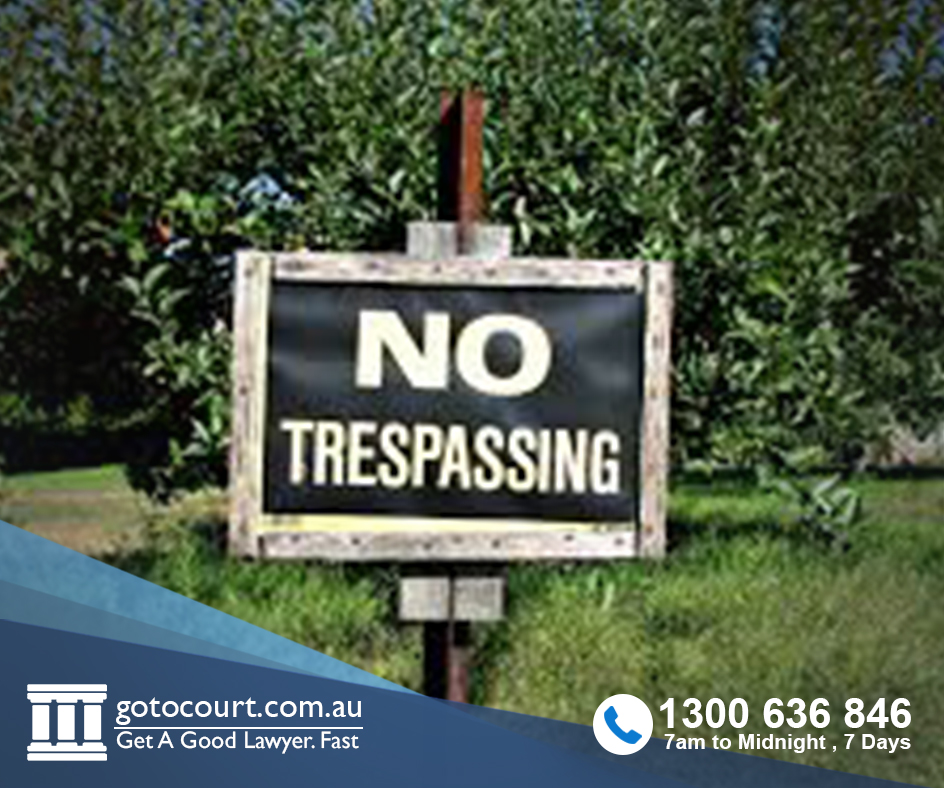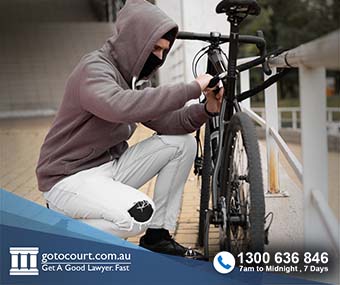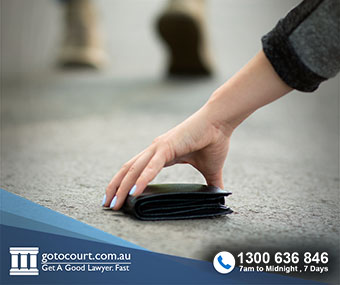Call our lawyers
now
or,
have our lawyers
call you
Affray – Penalties and Defences
Updated on Nov 10, 2022 • 5 min read • 709 views • Copy Link
Affray – Penalties and Defences
Public safety and protecting people in the community from violent behaviour is a priority for all Australian governments. There is a number of legal prohibitions in place to deal with violent or threatening anti-social behaviour, including laws against assault, stalking or harassment, sexual offences, and more recently, new legislation in multiple jurisdictions to deal with unprovoked attacks fuelled by alcohol – the so-called ‘one-punch’ laws.
One charge that can be brought against persons who act against the public interest in a violent manner is the charge of ‘making an affray’.
What is affray?
‘Affray’ is threatening and violent behaviour conducted in public or, in some jurisdictions, in private. It must disturb the peace. The offence can be committed by one or more persons. In essence, affray is a criminal offence that involves violent or threatening anti-social behaviour, but does not include drunk and disorderly behaviour. The word itself used to mean ‘to frighten’ and, as a consequence, the essential element to prove a person has committed an affray does not concern the participants’ behaviour alone. A charge of affray can only be held where the behaviour of the accused persons “would cause a person of reasonable firmness, present at the scene, to fear for his or her personal safety”. So, the behaviour and the effect of the behaviour are both relevant to proving a charge of affray.
There are differences between the law in different jurisdictions.
The law in New South Wales for example, under section 93C(5) of the Crimes Act 1900 (NSW), provides that a person may be guilty of affray if the unlawful behaviour occurs in public or in private. In Queensland, under s72(1) of the Criminal Code Act 1899 (Qld), the behaviour must occur in a public place or a place to which the public has access.
Therefore, a brawl or fistfight that can be shown not to have had the effect of frightening any witnesses, may not be deemed an affray. Other charges might follow from the event but it is unlikely that affray will be amongst them. In some jurisdictions, the prosecution does not need to demonstrate that there were actual bystanders who were in fear of their safety; only that such fear would have arisen if there had been a witness to the occurrence.
The offence of affray developed from early British ‘common law’ that related to offences against public order. The nature of the offence covers a range of behaviours, including a single person threatening violence against one or more persons; or one or more people engaging in a physical fight that causes other persons nearby to fear for the own well-being.
Penalties for affray
Given the range of behaviours recognised as causing an affray, it follows that a finding of guilty to a charge of affray may result in a wide array of penalties. To determine an appropriate sentence, the court will take into consideration the nature of and provocation for the melee caused; the degree of violence; the presence of any aggravating circumstances such as whether weapons were used; whether anyone involved or witnessing the situation was injured or killed; where the affray took place (proximity to a school for example); and whether witnesses would have feared for their safety.
In some circumstances, the offence is considered a ‘collective offence’ with each participant equally responsible for the affray, regardless of the extent of their personal involvement. In practice however, courts look to the level of involvement, i.e. whether the accused person initiated the affray or was dragged into it because they happened to be present.
In NSW, the Act provides for imprisonment up to 10 years for a person found guilty of affray. In Queensland the Act only provides for a maximum penalty of one year’s imprisonment. Also, under the Queensland Penalties and Sentencing Act 1992 (Qld), a community service order may be imposed if the accused “committed the offence in a public place while the offender was adversely affected by an intoxicating substance.” Courts in all jurisdictions may also impose a fine or other condition, such as a restraining order to keep the accused from further acts of violence.
In Australia, several high-profile cases of affray involving motorcycle gangs have been heard by the court, including one where several offenders attacked passengers on an incoming flight at Sydney Airport. The custodial sentences imposed by the court in these cases, including one where a child was inadvertently shot and died, were considerable.
Defences to a charge of affray
A person may defend a charge of affray by demonstrating that they were acting in self-defence. A defence may also be mounted on the basis that the behaviour did not cause any witness to be alarmed or in fear of their own safety. A defence might also be found where the accused can show that they were not involved in the affray, i.e. they did not take part in a fight, or make any threats to another person.
Other defences may apply depending on the jurisdiction. In New South Wales for example, it may be possible to mount a defence based on ‘necessity’ or ‘compulsion’, i.e. their involvement in the affray was the result of another consideration, such as the protection of children.
If you require legal advice or representation in any legal matter, please contact Go To Court Lawyers.

Affordable Lawyers
Our Go To Court Lawyers will assist you in all areas of law. We specialise in providing legal advice urgently – at the time when you need it most. If you need a lawyer right now, today, we can help you – no matter where you are in Australia.How It Works







1. You speak directly to a lawyer
When you call the Go To Court Legal Hotline, you will be connected directly to a lawyer, every time.


2. Get your legal situation assessed
We determine the best way forward in your legal matter, free of charge. If you want to go ahead and book a face-to-face appointment, we will connect you with a specialist in your local area.


3. We arrange everything as needed
If you want to go ahead and book a fact-to-face appointment, we will connect you with a specialist in your local area no matter where you are and even at very short notice.

